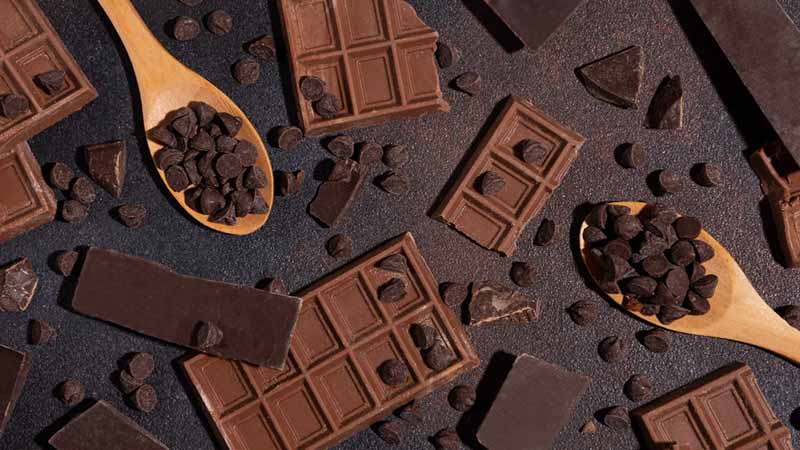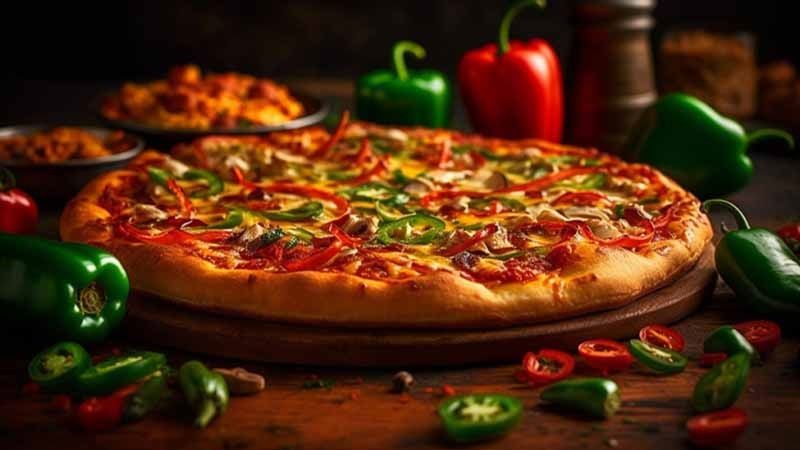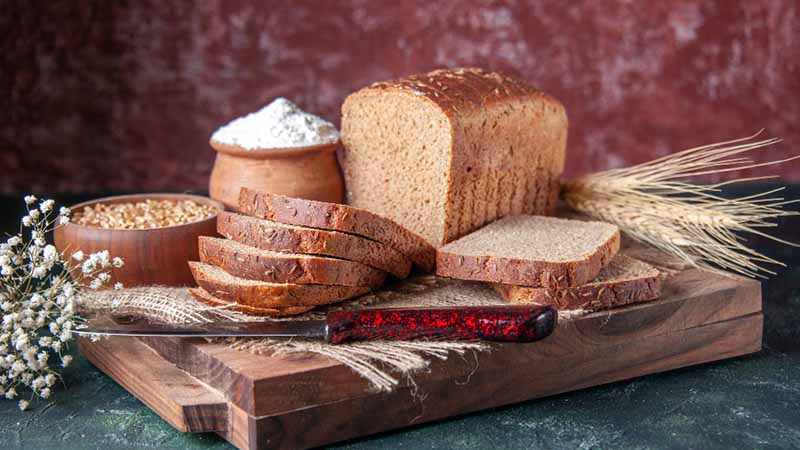Stop Having These Foods While Drinking Alcohol!
- 21 months ago
Consuming alcoholic beverages can be an enjoyable social activity, but it's essential to approach it with a mindful mindset. When it comes to alcohol consumption, what you eat alongside your drinks can significantly impact your overall well-being.
The relationship between food and alcohol goes beyond mere sustenance. The foods we eat while drinking can significantly impact our overall experience, both in the short and long term. From affecting the rate of alcohol absorption in our bodies to influencing our hydration levels and even the severity of potential hangovers, understanding what not to eat while drinking is essential for maintaining a balanced and enjoyable lifestyle.
When it comes to alcohol consumption, one of the key factors to consider is hydration. Alcohol acts as a diuretic, causing an increase in urine production and resulting in dehydration. Consuming foods that exacerbate this effect, such as salty snacks like potato chips, pretzels, or salted nuts, can leave us even more parched.
By being mindful of what not to eat while drinking, we can optimize our overall well-being and enhance our drinking experiences. In this Blog, we will explore the food items that should be avoided while drinking alcoholic beverages.
Also try: Just 5 minutes of exercise can reduce your appetite for alcohol
Foods you should not be eating while drinking alcohol
1. Dairy Products

Mixing alcohol with dairy-based drinks or consuming dairy-rich foods can lead to discomfort and digestive issues. Many people are lactose intolerant, and alcohol can exacerbate these symptoms. Additionally, dairy can coat the stomach lining, making it harder for your body to process alcohol effectively. Avoid dairy-based cocktails or creamy desserts while drinking alcohol to minimize the risk of digestive problems. Choose alternatives like nut milk or coconut milk-based options instead.
2. Chocolates

While chocolates can be tempting, they contain high levels of sugar and can contribute to the adverse effects of alcohol. Alcohol already dehydrates the body, combining it with sugary foods can worsen dehydration and lead to headaches or fatigue. If you have a sweet tooth, opt for fresh fruits or dark chocolate with higher cocoa content, as they contain less sugar and offer some health benefits.
3. Pizza

Although pizza is a crowd favorite, it is not the best choice when consuming alcohol. Pizza is typically high in fat, carbohydrates, and sodium, which can hinder alcohol absorption and lead to bloating or discomfort. If you are craving a savory option, opt for a lean protein-based dish like grilled chicken or fish with a side of vegetables instead.
Also check: After effects of alcohol consumption
4. Bread

Consuming beer and bread together is not recommended as they can have a dehydrating effect on the body. It is because beer and bread contain yeast, which can hinder the liver's ability to metabolize alcohol effectively. Additionally, excessive yeast levels in the body can strain the stomach's digestive processes. Therefore, it is advisable to avoid consuming beer and bread simultaneously.
5. Spicy Foods

While spicy foods can be delicious, they may intensify the effects of alcohol. Spicy dishes can irritate your stomach lining and worsen acid reflux symptoms. Alcohol already irritates the stomach, so combining it with spicy foods can lead to heartburn, indigestion, or stomach ulcers. Consider milder options like grilled chicken, fish, or steamed vegetables to keep your digestive system happy.
Healthy food options to go with alcoholic drinks
- Nuts and seeds: Almonds, walnuts, pumpkin seeds, and other unsalted nuts or seeds are good choices. They provide healthy fats, protein, and fiber, which can help slow down alcohol absorption.
- Salad: A fresh salad made with a variety of leafy greens, vegetables, and a light dressing can provide a refreshing and nutritious accompaniment to your drink. Opt for a salad with colorful vegetables like spinach, tomatoes, cucumber, and carrots for vitamins, minerals, and fiber.
- Popcorn: Air-popped popcorn, without excessive butter or salt, can be a satisfying and crunchy snack to enjoy while sipping on your drink. It is a whole grain that provides fiber and can be a healthier alternative to other salty snacks. Consider adding some herbs or spices for extra flavor.
- Grilled Paneer: Cut paneer into cubes or slices and marinate it with spices, such as cumin, turmeric, chili powder, and salt. Grill the paneer until it develops grill marks and a slightly charred exterior. Enjoy it as a protein-rich snack alongside your drink.
- Grilled vegetables: Vegetables like bell peppers, zucchini, and eggplant, when grilled or roasted, make a delicious and nutritious side dish for your drink.
- Olives: Olives are rich in healthy fats and contain antioxidants. They make a great accompaniment to cocktails and can provide a satisfying, salty taste.
Conclusion
Being mindful of what you eat while drinking alcohol is crucial for maintaining your well-being and ensuring a more enjoyable experience. Avoiding salty snacks, spicy foods, greasy/fatty foods, carbonated beverages, sugary cocktails, and caffeinated drinks can help minimize the risks associated with alcohol consumption.
Instead, go for healthier alternatives such as water, hydrating fruits, vegetables, and lean protein-based snacks to balance your alcohol intake and maintain a more comfortable and responsible drinking experience. Remember, moderation is key to enjoying alcohol responsibly and safely.









